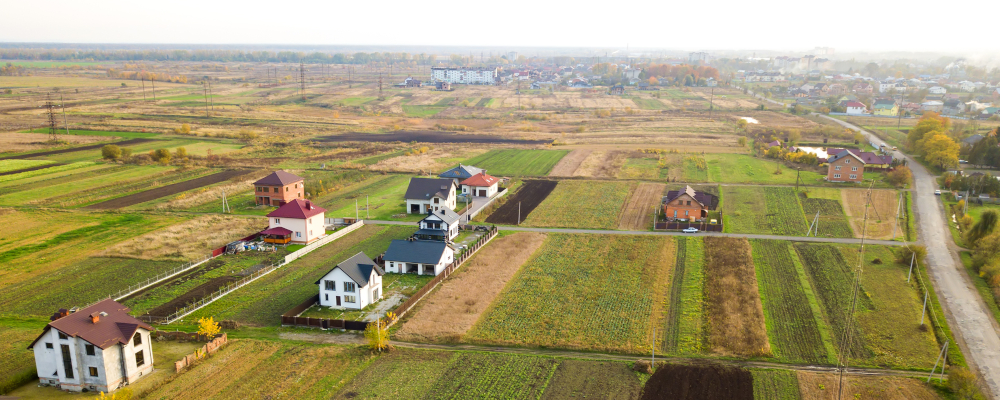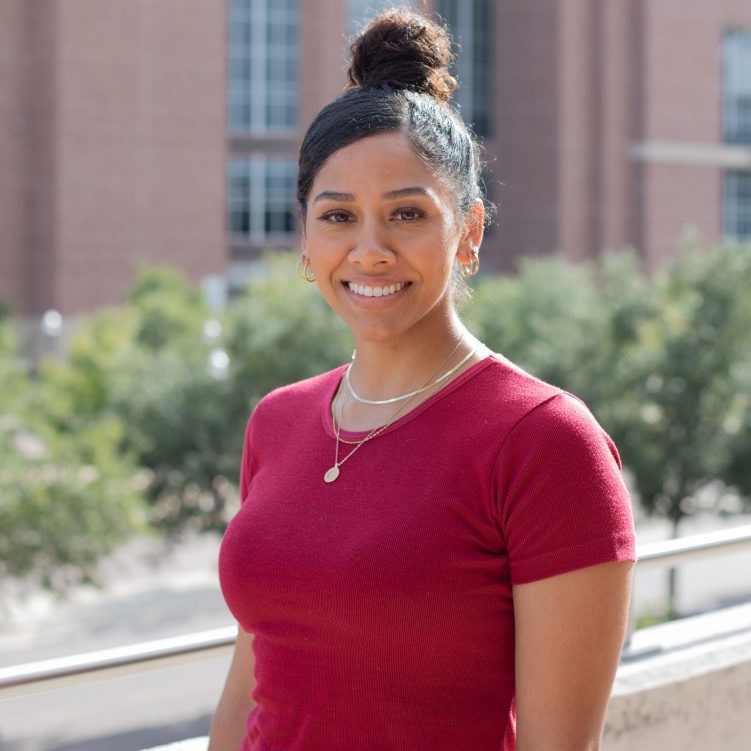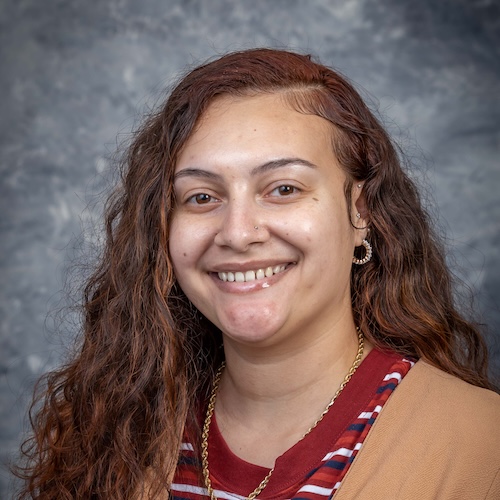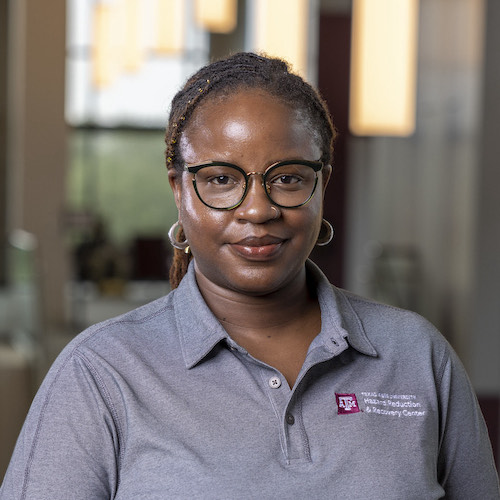February 11, 2025, 11:00 a.m. to 12:00 p.m. MST
Examining Rural Places, Disability, and Underserved Populations in Disaster

Webinar Description:
Rural and underserved populations are frequently overlooked in disaster planning and recovery, yet understanding their needs is essential to address structural gaps in disaster response and build community resilience.
This webinar will feature emerging scholars and Bill Anderson Fund Fellows who examine critical issues at the intersection of rural places, disasters, and underserved populations. Presentations will cover the role of nonprofits in supporting the unmet needs of rural disaster survivors, the experiences of individuals with disabilities across disaster cycles, and the compounding vulnerabilities faced by rural communities affected by low-attention disasters.
Each presentation will offer actionable insights into how disaster response can better serve these populations. Speakers will discuss the challenges, risks, and resilience strategies for underserved communities. Join us to learn about new research for addressing disaster inequities.
After registering, you will receive a confirmation email containing information on how to join the webinar.
Speakers:
Mason Alexander-Hawk, Texas A&M University
Resilience in Recovery? Understanding the Extent, Structure, and Operations of Nonprofits in Addressing the Unmet Needs of Disaster Survivors’
Annika Doneghy, Case Western Reserve University
Rethinking Disability in Disaster Cycles
Judanne Lennox-Morrison, Texas A&M University
Can it Get Any Worse? Low Attention Disasters in Rural Communities

Mason Alexander-Hawk is a research assistant for the Hazard Reduction and Recovery Center and a doctoral student in the Urban Regional Sciences Program at Texas A&M University. She holds a master's in public service and administration from the Bush School of Government and Public Service and a bachelor’s in biology from Texas A&M International. Her area of interest is nonprofit management, urban development and sustainability with a focus on how to build the capacity of marginalized communities using equitable planning practices. Alexander-Hawk's current research focus is on how disaster recovery efforts are impacting affordable housing.

Annika Doneghy is a dual degree student at Case Western Reserve University. She is working towards a PhD in medical anthropology and a Master of Public Health degree concentrated on health policy and management. Her research uses an ethnographic approach to uncover firsthand narratives and experiences of individuals with disabilities and other health conditions as they navigate ongoing cycles of disaster and recovery. Her research examines how experiencing repeated natural disaster cycles shapes perceptions of disability among disabled and non-disabled individuals. She considers whether disability perceptions are altered or reinforced, while recognizing that human ability is wide-ranging and diverse, especially in disaster contexts. Doneghy aims to illustrate how traditional disaster practice and policy often fail to recognize these diverse and challenging experiences due to lack of inclusion and disability expertise. Doneghy received a Master of Arts from the University of Kentucky and a Bachelor of Science from The Ohio State University.

Judanne Lennox-Morrison is a fourth-year PhD candidate in the Urban and Regional Science Program and Research Assistant at the Hazard Reduction and Recovery Center at Texas A&M University at College Station. She holds a master's in urban planning from Texas A&M and a bachelor's in urban and regional planning from the University of Technology, Jamaica. Her academic research lies at the intersection of collaborative radical planning, hazard mitigation, community development, and spatial geographies of race. As an emerging evaluator, Lennox-Morrison uses the lens of culturally responsive evaluation and program evaluation as a critical feature of her feminist participatory action research methods. In addition, she is interested in the adaptation and adoption of disaster preparedness, response, and recovery programs in rural communities of color. Lennox-Morrison uses a social justice, asset-based participatory praxis in her work with communities and colleagues. She values community ownership, agency, and co-production as critical parts of disaster risk reduction. She has more than ten years of experience as a practitioner in planning and hazard mitigation, disaster risk management, geographic information system, facilitation, simulation design, and project management.
Continuing Education Credits:
This webinar is eligible for one contact hour of emergency management training within the International Association of Emergency Managers (IAEM) certification program. For more information about continuing education credits and how to earn them, please click here.